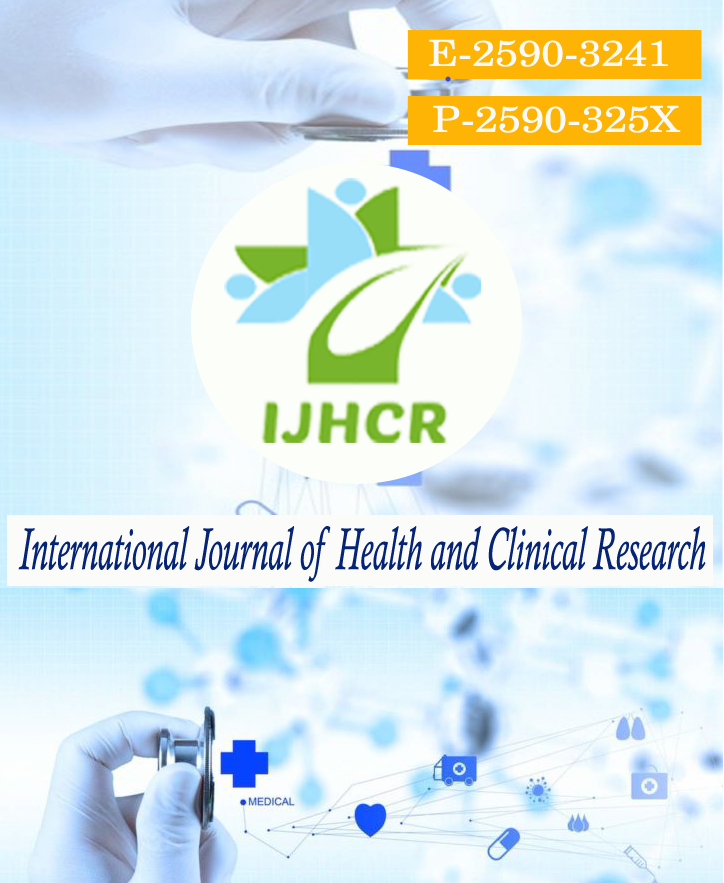
International Journal of Health and Clinical Research
Yazarlar: Anju Saxena, Saurabh Kumar, Iram Shaifali, Shalini Chandra
Konular:-
Anahtar Kelimeler:Antimicrobial resistance,Carbapenem,E.coli.
Özet: Background: Urinary tract infections (UTIs) is the most common infections in OPD and even hospitalized patients. Current knowledge on antimicrobial susceptibility pattern for uropathogens is essential to effectively manage UTIs. The development of antimicrobials has changed the scenario of medical science by being able to treat a number of infections but with their development microorganisms have adapted and become resistant to previous antimicrobial agents. Objectives: The present study is aimed at determining antimicrobial susceptibility pattern in E.coli in urine samples. Methods: the samples were collected from Microbiology Department where Ecoli was isolated from urine samples and antibiotic susceptibility testing was done on Mueller-Hinton agar using the disk diffusion (Kirby Bauer’s) technique following the CLSI guidelines.Results: Out of 180 urine samples studied, E. coli was the most dominant with a prevalence of 41.6%. Escherichia coli isolates were highly susceptible to Carbapenem (100%) and nitrofurantoin (100%) but showed high resistance to Amoxicillin-Clavulanic acid (88%) and Fluroquinolones (76%).Conclusion: Escherichia coli, the predominant uropathogen, showed significant multidrug resistance to antibiotics commonly prescribed for the management of UTIs. These findings should form a basis for empirical treatment for UTIs.